
Compulsive gambling: Consequences & Advice
We have paid partnerships with the online casino operators featured on our site. We also earn commissions when you, the user, click on certain casino links. These financial partnerships do not affect our reviews, recommendations, or analysis. We remain committed to delivering unbiased gambling reviews. For more details, visit our Advertiser Disclosure page.
Have you ever wondered why gambling can feel so thrilling or why it’s hard to stop once you start? The answer lies in your brain. Gambling triggers complex chemical reactions, releasing dopamine and creating a rush that keeps you coming back for more.
But what happens when this cycle becomes harmful? In this article, we’ll explore the science behind gambling addiction, how it impacts your brain, and what you can do to stay in control. Understanding these effects is the first step toward making informed choices.
- Your brain chemistry while gambling
- How gambling affects your perception
- The casino atmosphere distorts your reality
- Tricking the brain’s reward center
- Gambling addiction and the brain
- Always remember the consequences and brain chemistry’
Your Brain Chemistry While Gambling
Your brain chemistry is responsible for:
- What you feel
- How you think
- What you do.
That is why it is essential to see how this changes during gambling sessions and what permanent effects you may be exposed to. 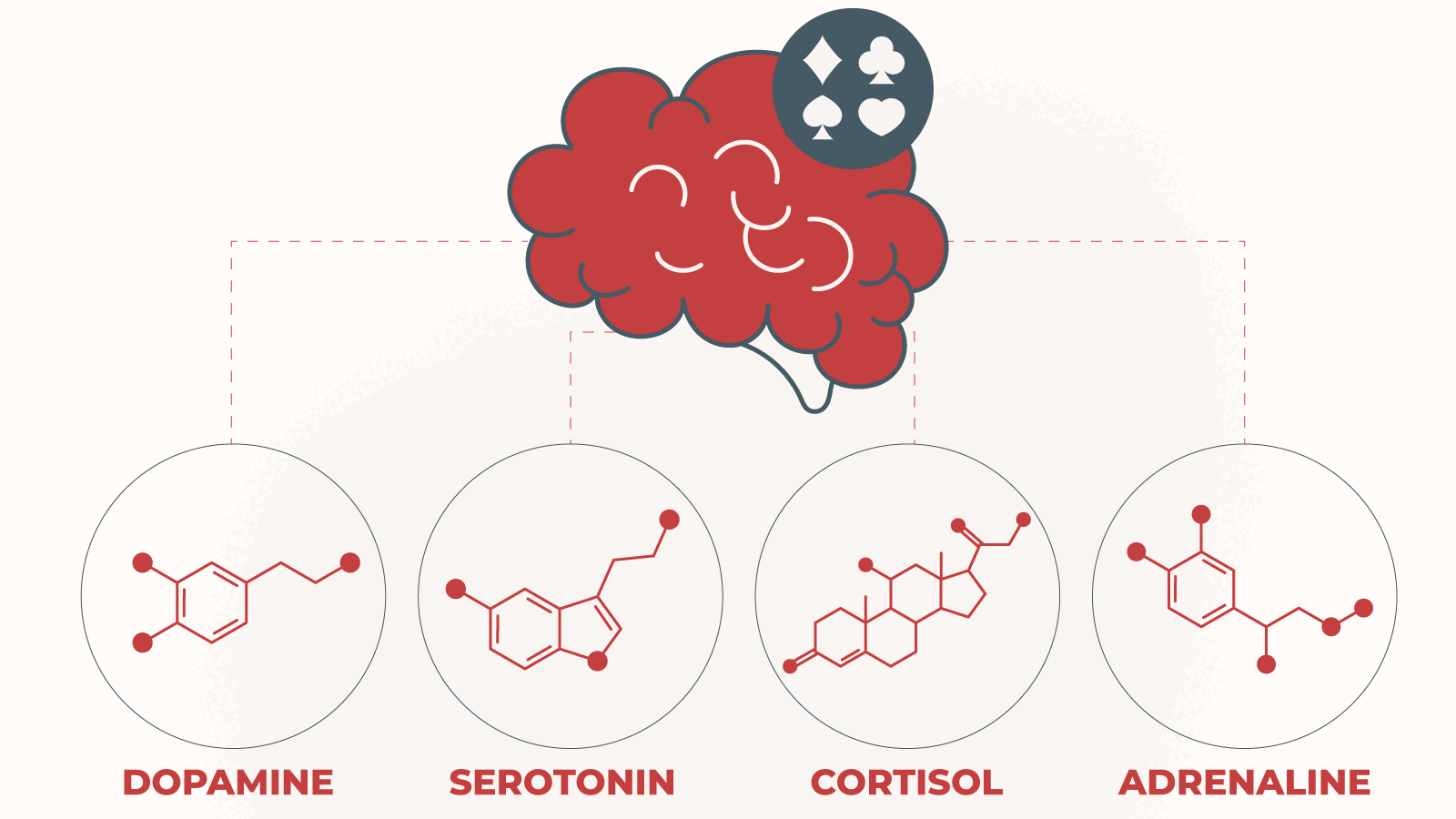
Neurotransmitters and hormones that activate when gambling
-
Dopamine
It is both a hormone and a neurotransmitter that is responsible for the feeling of pleasure while doing something you enjoy. It impacts your mood, sleep, pain, and how your body and brain handle learning. Dopamine also has a role in important physical functions such as kidney function, your heart rate, and even lactation.
This hormone is a big part of substance or gambling addiction
Dopamine is released in your brain every time you gamble, making you enjoy it and have an overall good feeling about it. The more you do it, the more dopamine your body releases, making you want to repeat the activity more often. As you do so, your baseline changes as your brain and body have to adapt to the new increased level of dopamine. This leads to you having a higher tolerance for it, therefore, needing more of it to feel the same pleasure you did in the beginning.
-
Serotonin
This hormone is implicated in cognition, emotion and in stabilizing your mood and feelings of well-being. The physical functions it helps with are eating, sleeping, and digestion.
What happens when you gamble?
When gambling, this is also released in your brain and studies conducted by various researchers have shown that pathological gamblers have low serotonin levels. This results in an impairment in reward processing or inhibition, an increased motivation to satisfy their urges or even a combination of these two. The main consequence from this is that these individuals have difficulty in controlling their desires.
-
Cortisol
Cortisol is also called “the stress hormone, it is the one responsible for the “fight or flight” response, and it is the most important of stress hormones. This increases the glucose in your bloodstream and also enhances your brain’s use of glucose. In addition, it plays a role in your blood pressure and immune function.
How does cortisol contribute to gambling addiction?
When you play casino games, the level of cortisol in your body is significantly higher. This may mean you have a higher heart rate and blood pressure and that more glucose is released in your bloodstream. This may be dangerous for you if you are suffering from any heart conditions or diabetes.
-
Adrenaline
The most famous hormones of them all, adrenaline has a good reputation, and some people chase it by participating in extreme sports and activities. That is mainly because, just as dopamine, adrenaline can also be addictive.
Adrenaline: a double-edged sword
The excitement you feel while gambling causes your body to release more adrenaline. This makes you feel energized and more alert. Like cortisol, adrenaline maximizes your glucose levels for the brain and increases both your heart rate and blood pressure while also expanding the air passages of the lungs, altering your metabolism and redistributing blood to the muscles. The combination these hormones create when you engage in any gambling activities may lead to symptoms of gambling addiction such as the inability to control the urges to gamble, spending more time and money on this activity, making it a priority over more important things. Therefore, it is crucial to recognize gambling addiction in its early stages, since you have better chances of quickly treating it.
How Gambling Affects Your Perception
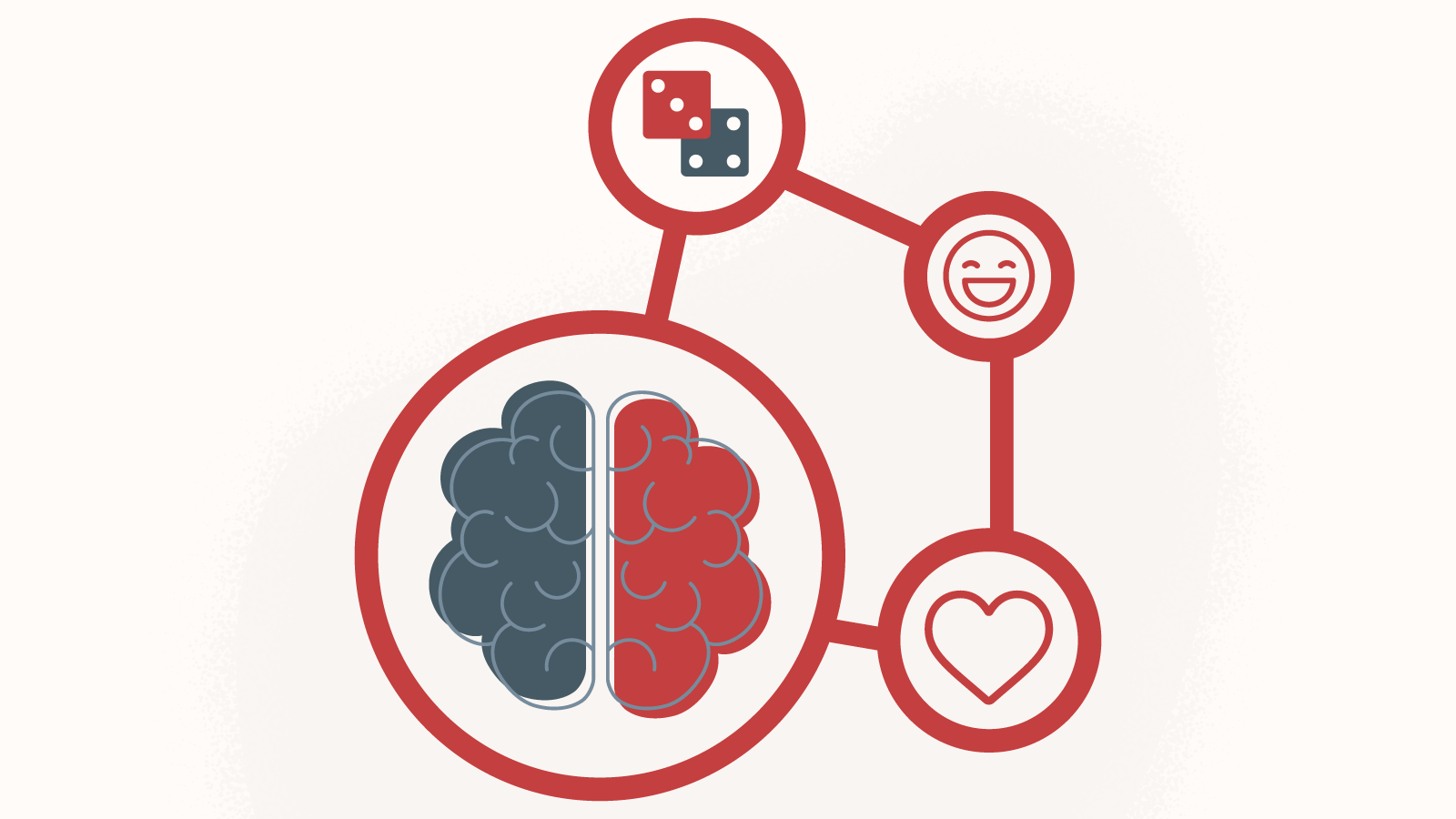
The Casino Atmosphere Distorts Your Reality
The atmosphere in physical casinos is specially created to distort your reality and induce positive feelings while making you feel energized. Everything from the interior design and where everything is placed to the smell and the music in brick-and-mortar casinos is carefully picked to create this special vibe:
-
No windows or clocks
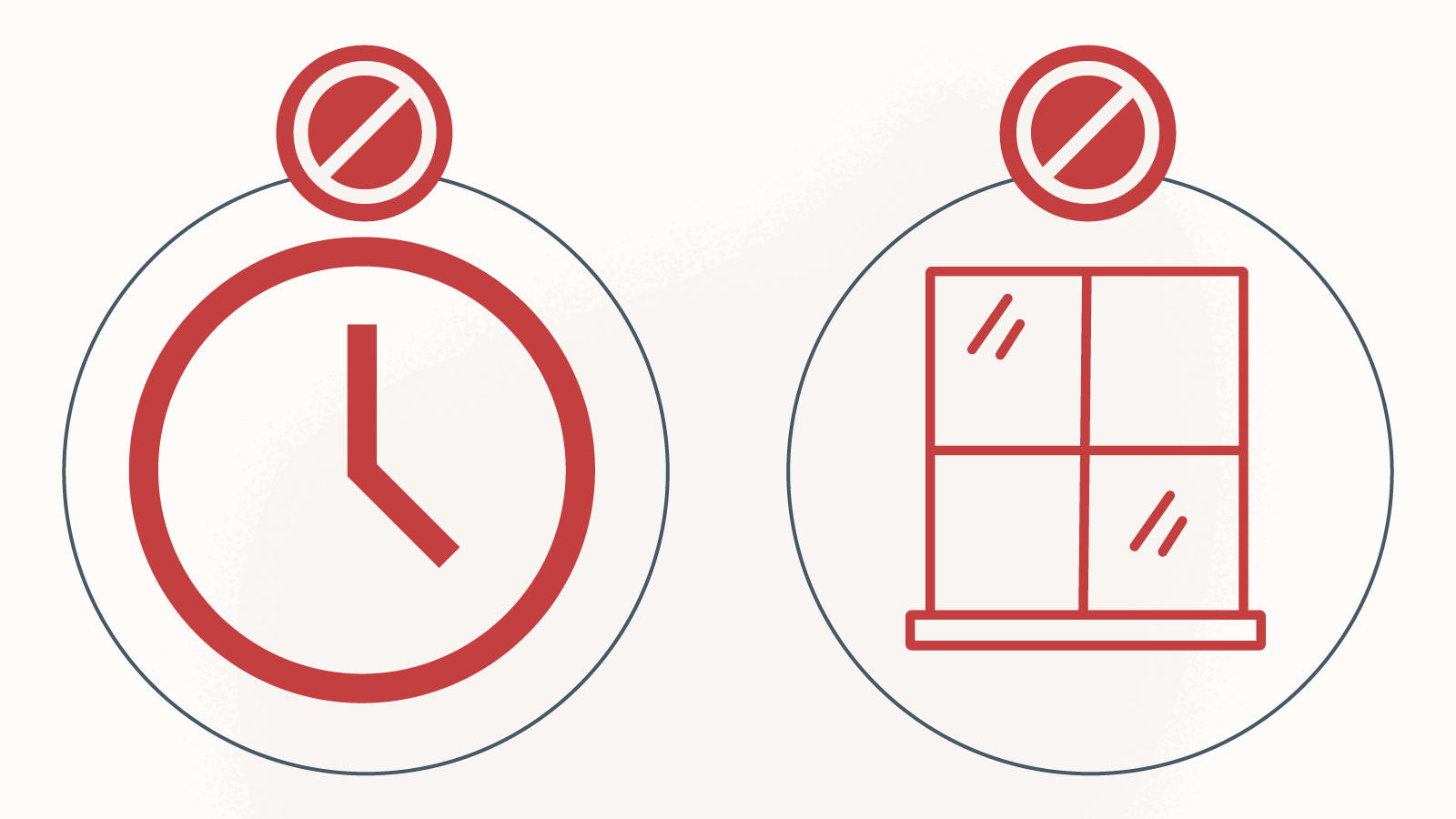
-
Enchanting music
The music you hear in physical casinos is repetitive and, if you pay close attention, you will notice that tracks change seamlessly. This is also because if you would see how the songs change, you will be able to have a reference to how much time has passed.
If you prefer online gambling, know that you are still affected
Of course, the environment in which you play may be your own home, or you may be on the go playing on your mobile device. Still, the music used in the games, the flashing lights are meant to recreate at least a bit of the real-life casino atmosphere.
Losses disguised as wins
The main reason people gamble is to score some wins. Game developers know that very well, so they have created multiple payline slot machines. While this may seem great for you as a player because you have more chances to make winning combinations on any line or multiple lines, the reality is a bit different.
Multiple payline slots: what are they?
Multiple paylines slots allow you to place multiple bets simultaneously, one on each active line. The individual wagers may be small, but the total bet amount is significant. This means that you may create a winning combination on one line, multiplying the bet you have placed on that line, but lose on all the others. So, technically, you win, but in fact, the amount won is lower than the total bet you have made.
How do they trick you?
This is how casinos trick you into thinking you are winning more often than you actually are. These small wins are more frequent, but they do not cover the amounts you are betting on all the active lines. This is how these games can absorb British players and keep them playing for hours on end, especially when paired with free spins bonuses.
Tricking The Brain’s Reward Center
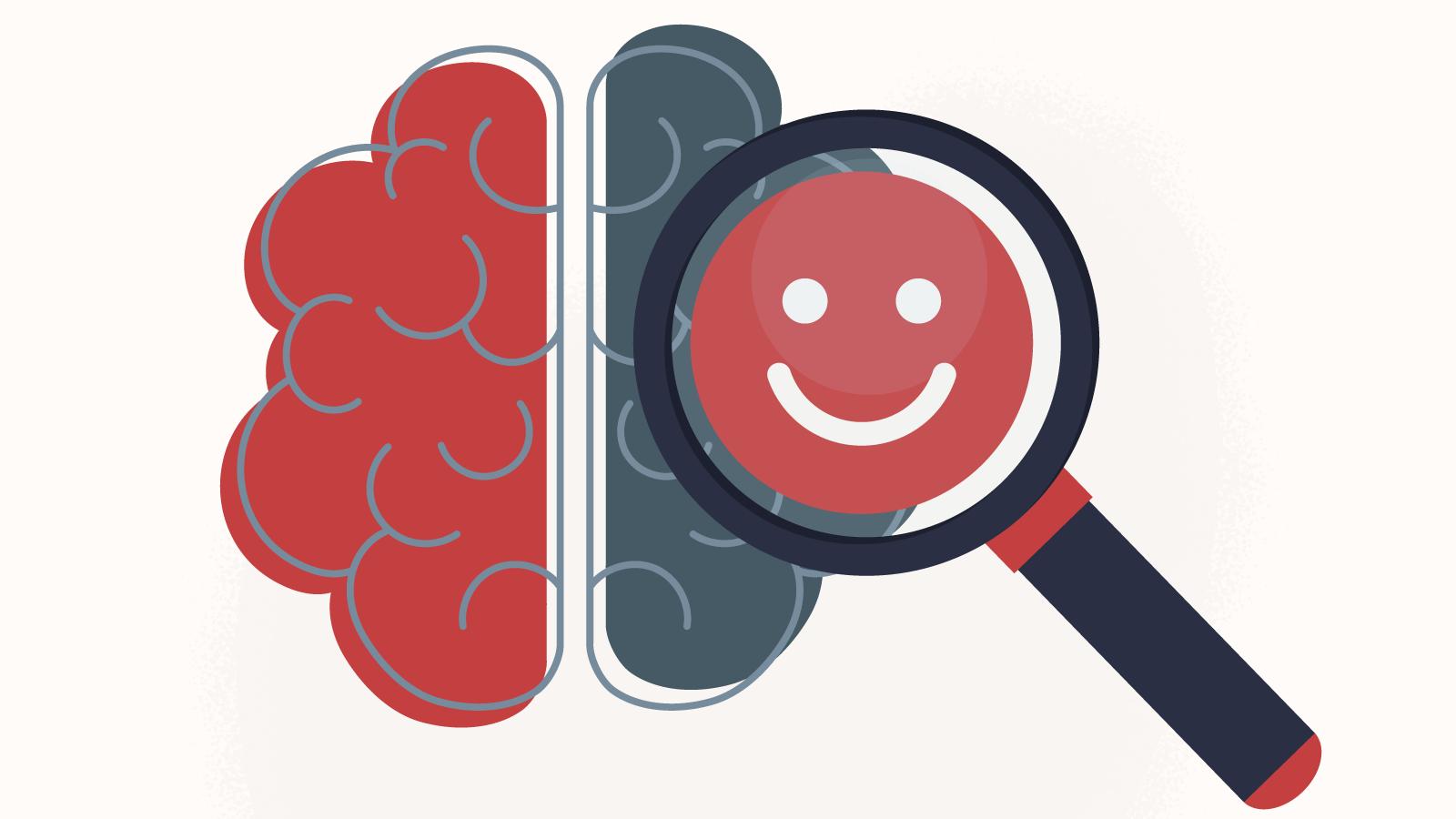
What happens in the long run?
Doing this for long enough results in long-lasting changes in your brain. The amount of time required for these changes to take place varies from one individual to another. The reward pathways in the human brain become hypersensitive after prolonged exposure to high levels of dopamine. Therefore, your cravings for gambling may be enhanced, and, even more, it can change the way you react to losing. For players who suffer from gambling addiction, even losing money triggers these reward pathways and the release of dopamine. This can make you want to chase your losses, which is precisely what casinos hope for.
How near-misses keep you going
Near-misses are situations in which, upon spinning the reels of a slot machine, one reel stops right before you get to make a winning combination. While this is entirely random, as all slot machines work on a Random Number Generator, many gamblers feel like it is a sign of a lucky combination that is about to happen.
The effects upon British players
This situation activates the same areas of your brain that activate when you actually hit a winning combination. The result of this is an increased desire to keep on playing and is especially seen in problem gamblers. Studies have shown that this is even more successful in triggering the urge to play than actually winning. Near-misses may keep you playing for longer than you intended, and, depending on the case, you may lose more than you can afford.
Gambling Addiction and The Brain
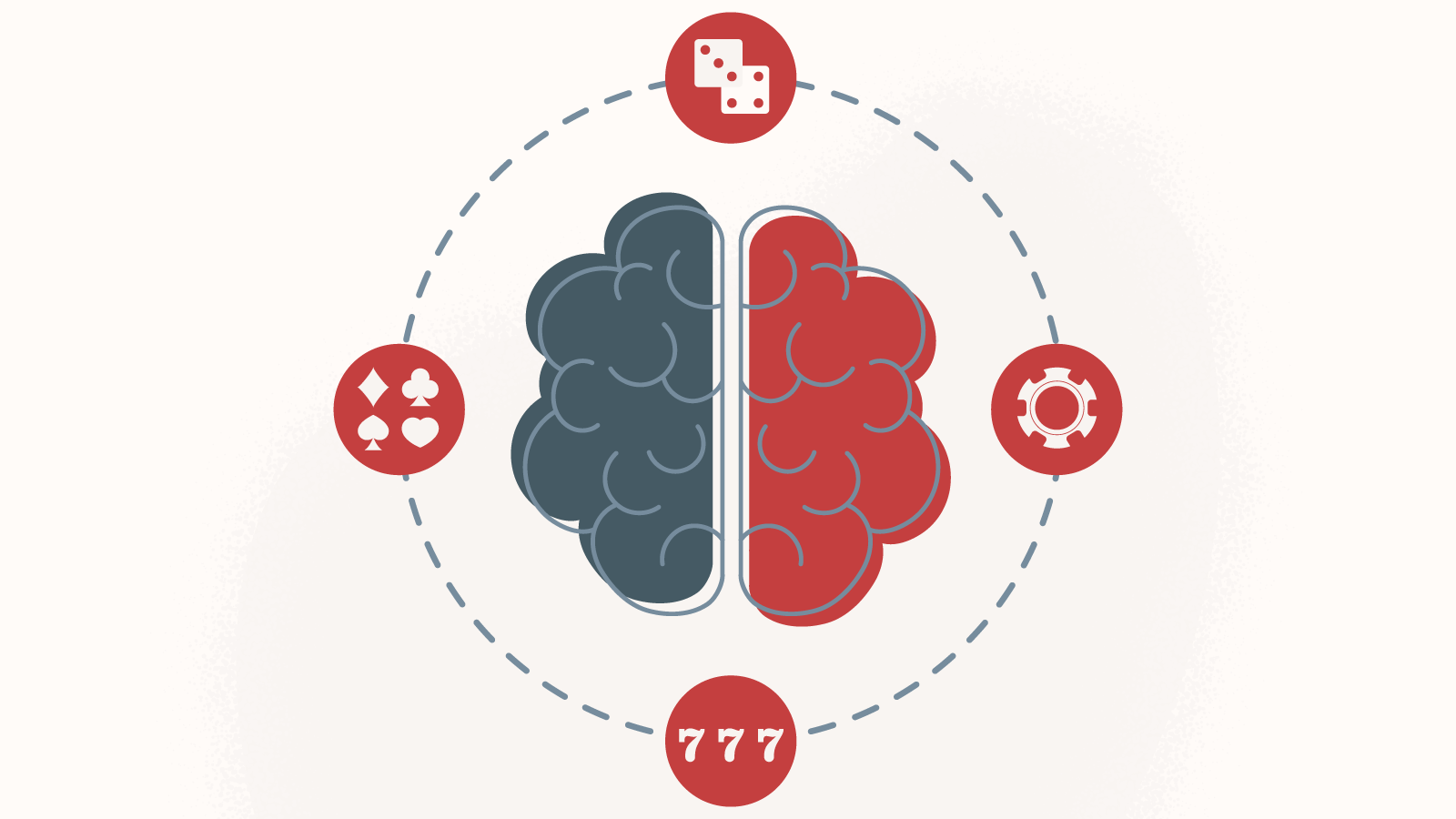
-
The prefrontal cortex
This region of the brain is responsible for making decisions, assessing risks, cognitive control, and impulse control. This area is showing less activation in gambling addicts during gaming sessions. The prefrontal cortex has an important role in evaluating rewards and delayed discounting, which represents deciding between an immediate small prize and a later, larger one. This means that problem gamblers have more difficulty controlling their impulses because of the low activity in this area, which causes them to incorrectly process risk and reward, as well as current and long-term consequences.
-
The ventral striatum
It is called the brain’s reward center, and it has a role in reward processing. You would expect to see increased activity and blood flow in this area when problem gamblers are put in an fMRI (functional magnetic resonance imaging) scanner and asked to participate in simulated casino games. However, just as in the case of the prefrontal cortex, this area shows less activation compared to people with no gambling problems. This is explained by the reward deficiency model, which says that having a weakened or underactive ventral striatum makes people be drawn to activities that stimulate their reward pathways, which may include gambling. The less activation they have in this area of their brain, the more they need to gamble to make up for the deficit.
What next?
Scientists are still researching how gambling affects the brain to tailor gambling addiction treatments to each individual’s needs. When British players who are suffering from severe gambling addiction try to stop, they go through withdrawal symptoms. This is caused by the drop in dopamine level and the inability to raise it through other activities. In some cases, the symptoms can include depression, and impulses and cravings to gamble become harder to fight. In this situation, problem gamblers may not know how to stop gambling, and the risk of relapse is high.
Always Remember The Consequences & Brain Chemistry Behind Them
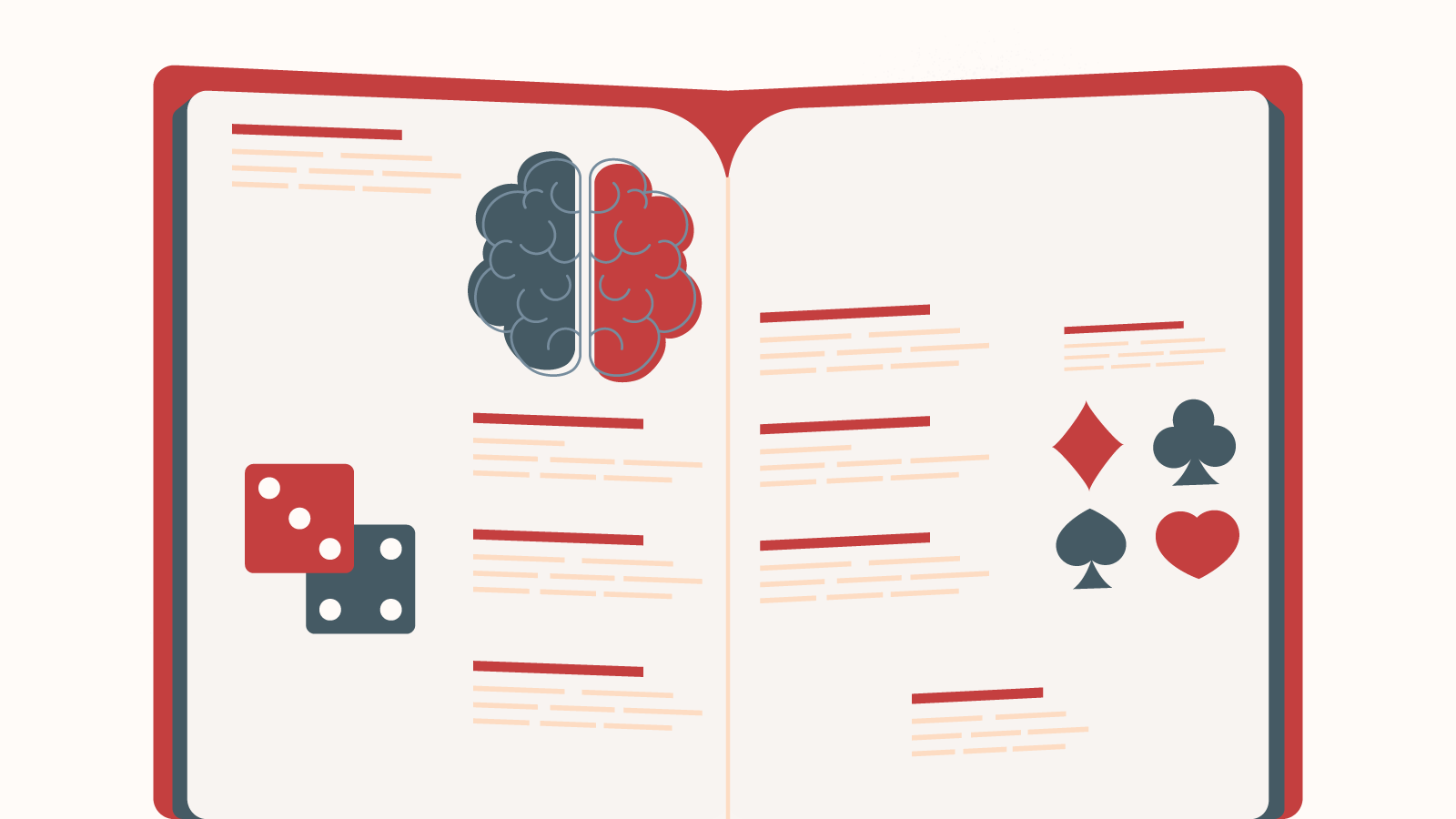
CasinoAlpha’s advice
Therefore, our CasinoAlpha experts advise you and all other British casino players to keep this activity as a leisure one, not make it a priority, and only gamble safely within a budget.
